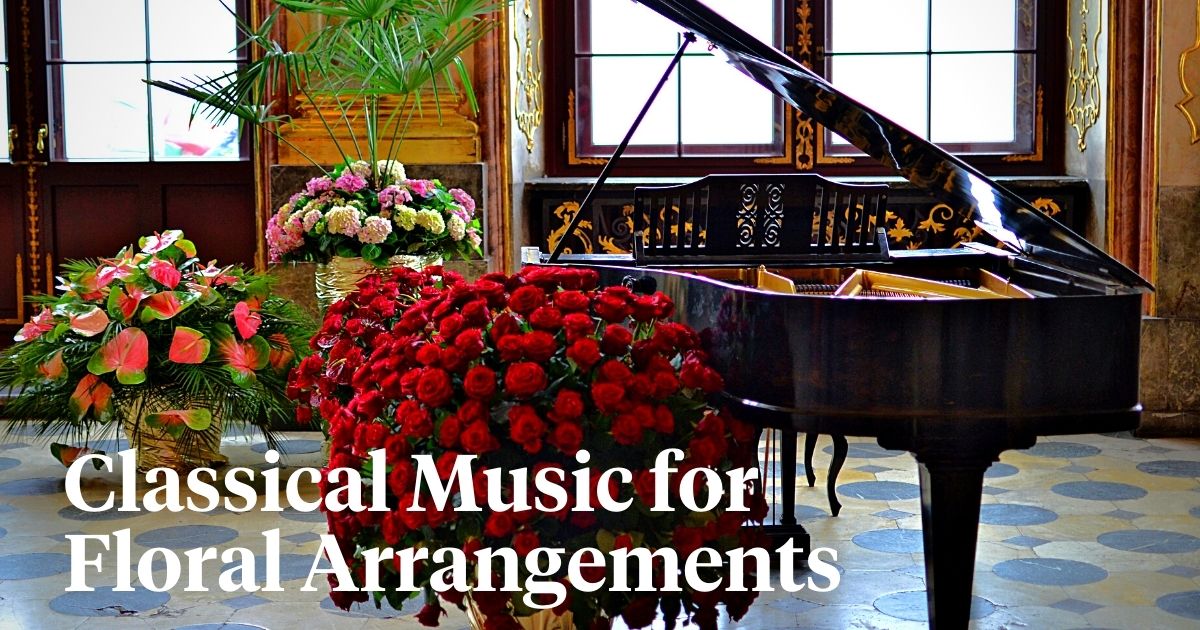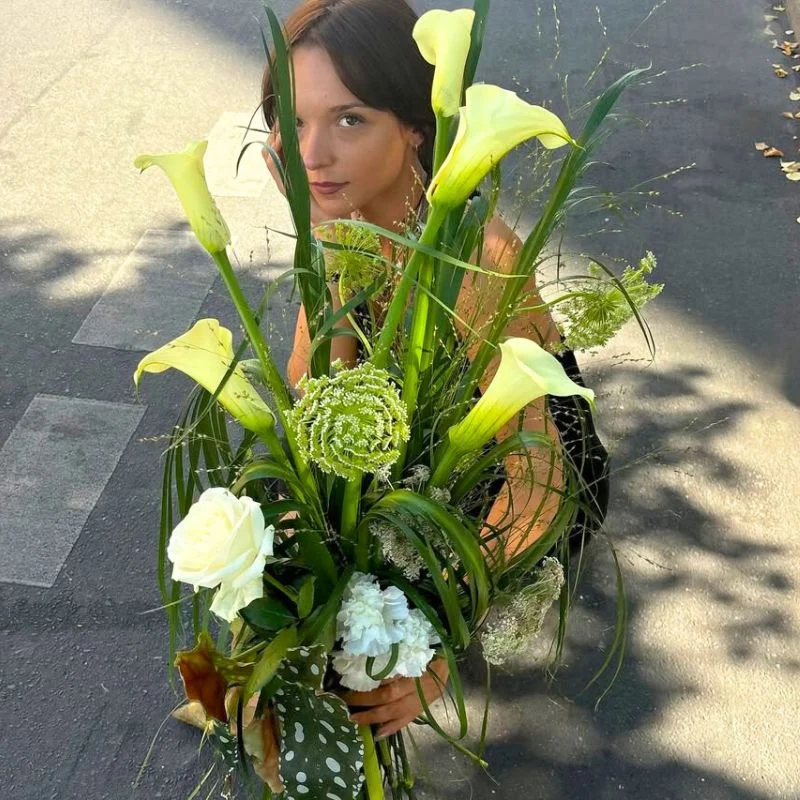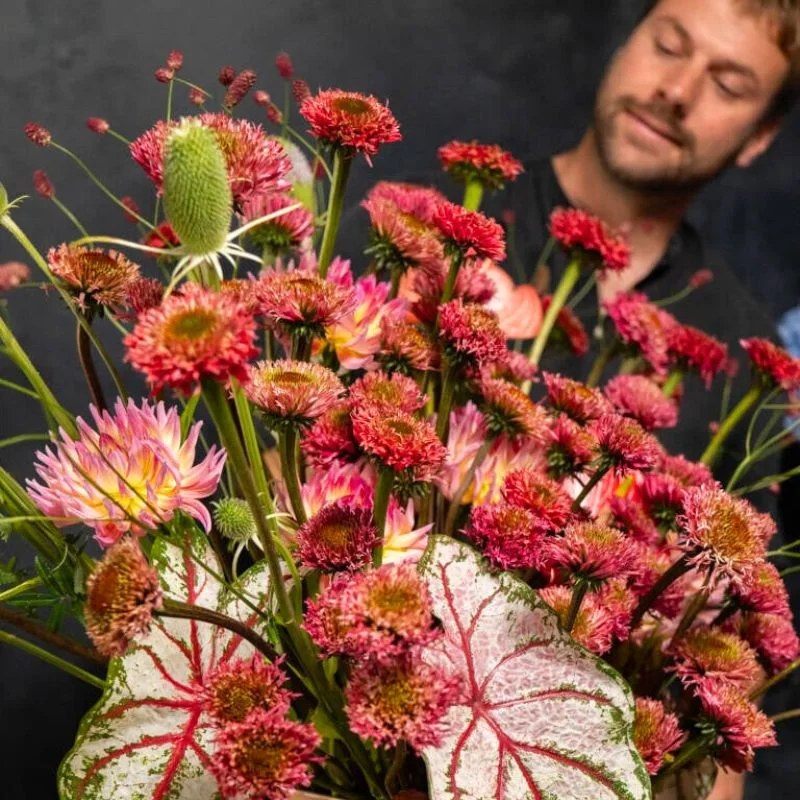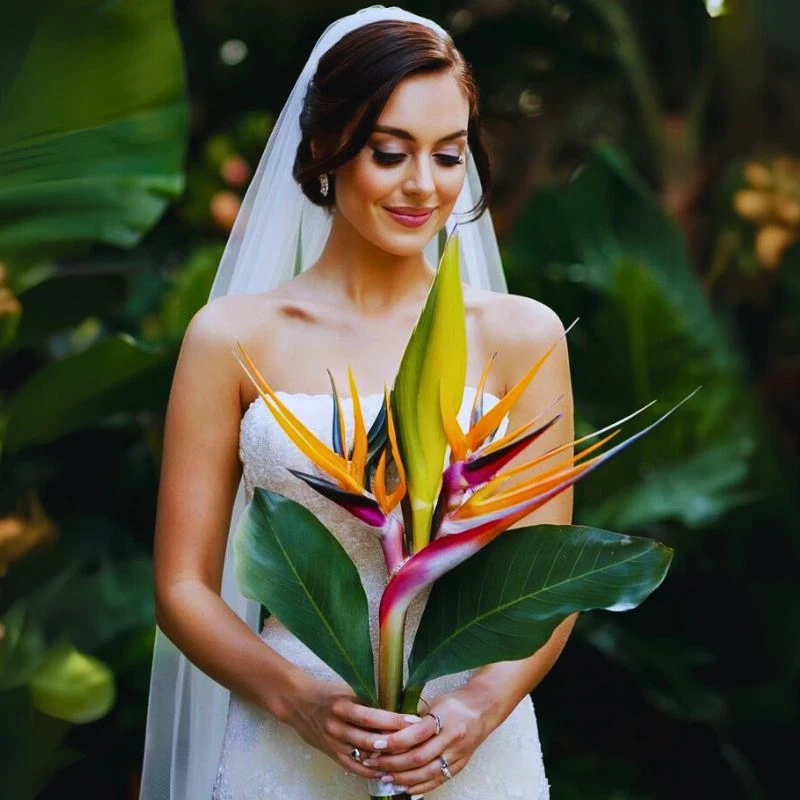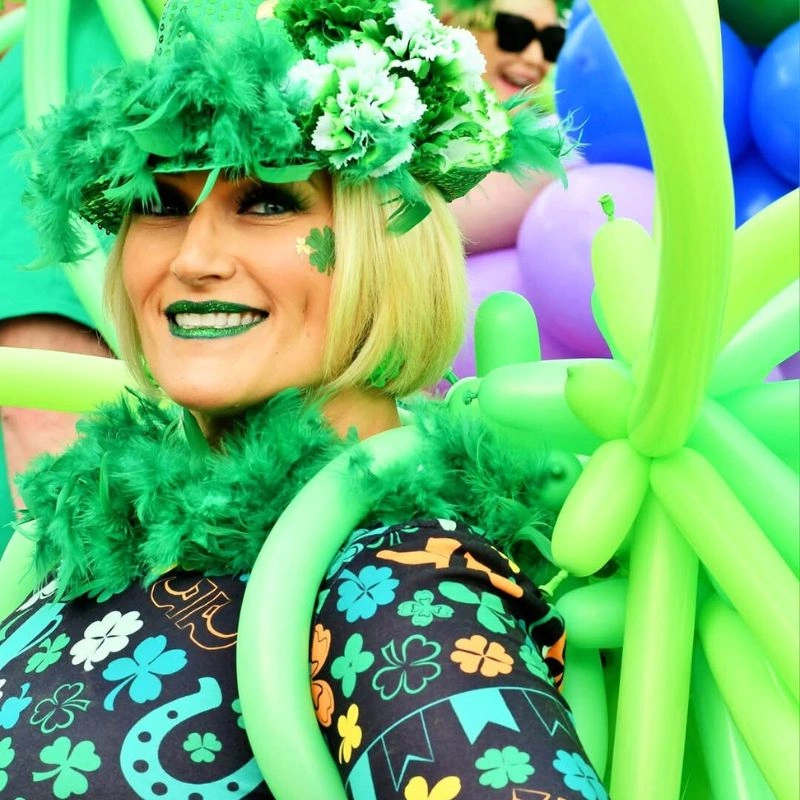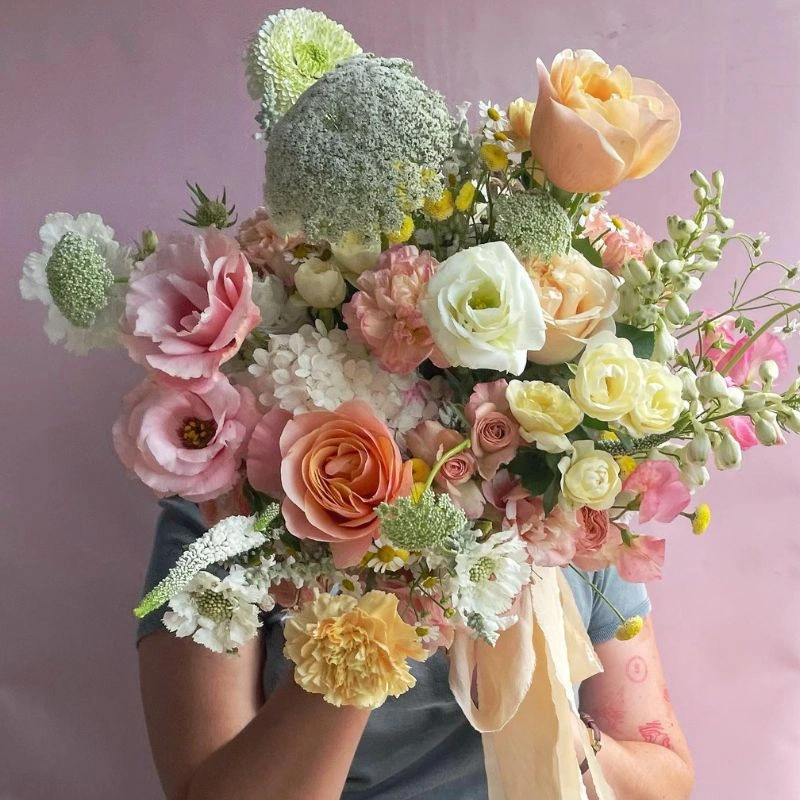The use of classical music in a flower atelier is a fascinating concept that has been explored by some florists and flower enthusiasts. While there may not be definite scientific evidence to indicate that classical music literally enhances the longevity of floral arrangements, supporters of this practice believe that yes, music can have a positive impact on the overall atmosphere and well-being of the flowers.
For starters, classical music is usually associated with relaxation, harmony, and a relaxing atmosphere. Some flower enthusiasts believe that playing classical music in a flower atelier can create a serene and calming environment that may benefit the flowers. It is believed that a peaceful setting can help reduce stress, which in turn may contribute to the longevity and vitality of the flowers.
Classical Music Creates the Perfect Ambiance in a Floral Composition
There are studies that suggest that plants certainly do respond to musical sound vibrations and frequencies in a positive way. While the research in this field is limited at the moment and somewhat inconclusive, advocates of playing classical music argue that the vibrations and harmonies produced by the music indeed have a nuanced influence on the plants' growth and well-being.
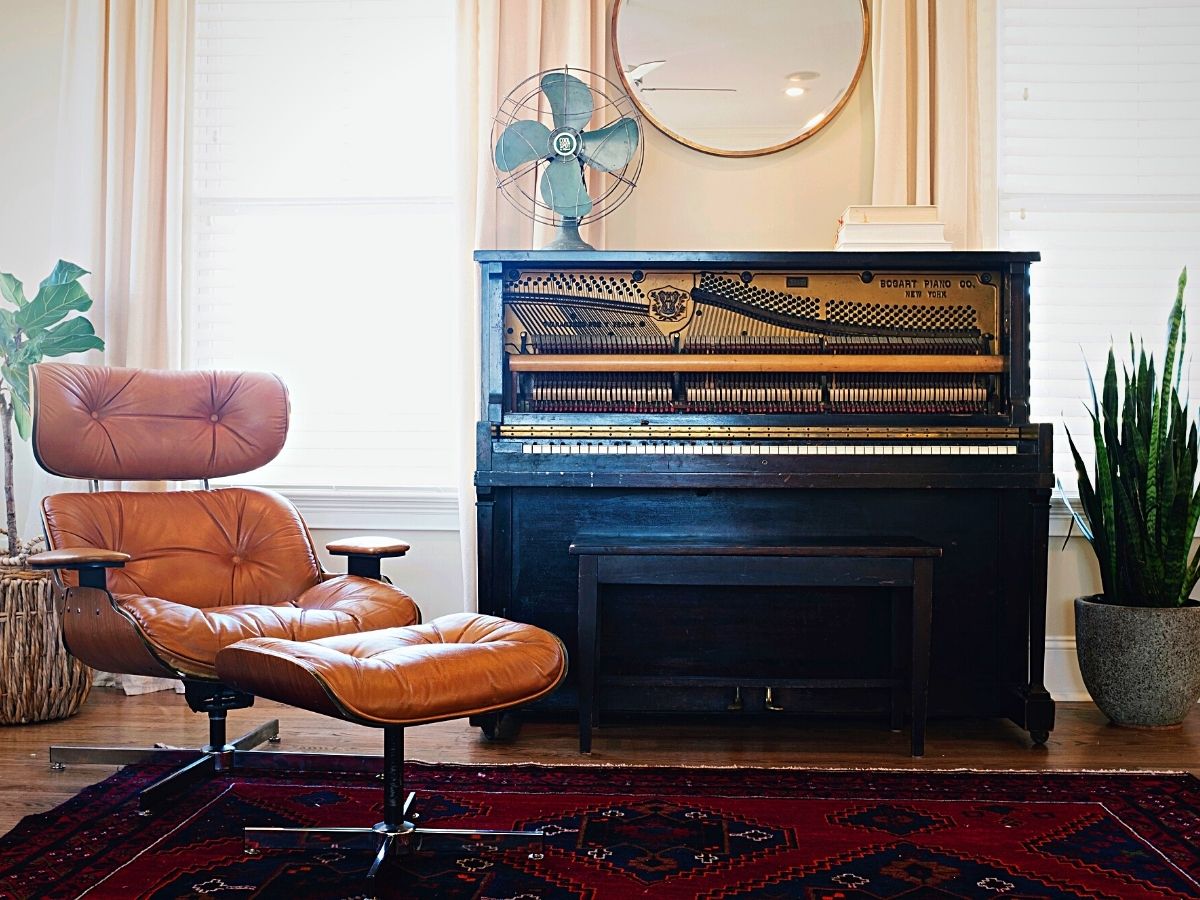
Additionally, classical music can enhance the overall experience for both customers and florists in the atelier. It creates an ambiance that fosters relaxation, ideation, and a sense of appreciation for the beauty of flowers.
It's important to note that, whether it has a positive influence or not, the impact of classical music on floral arrangements' longevity is largely hypothetical and subjective. Elements such as proper care, hydration, temperature, and appropriate floral treatments remain the primary determinants of a floral bouquet's lifespan.
A Historical Prelude of Classical Music in Floral Environments
Classical music has long been associated with creating a serene and refined ambiance, making it a natural fit for the world of flowers. The practice of using classical music in floral environments can be traced back to ancient civilizations, where music and nature were intricately interwoven.
In ancient Greece, for example, music was believed to have a deep influence on the growth and well-being of plants, leading to the creation of melodies specifically composed to enhance the vitality of gardens.
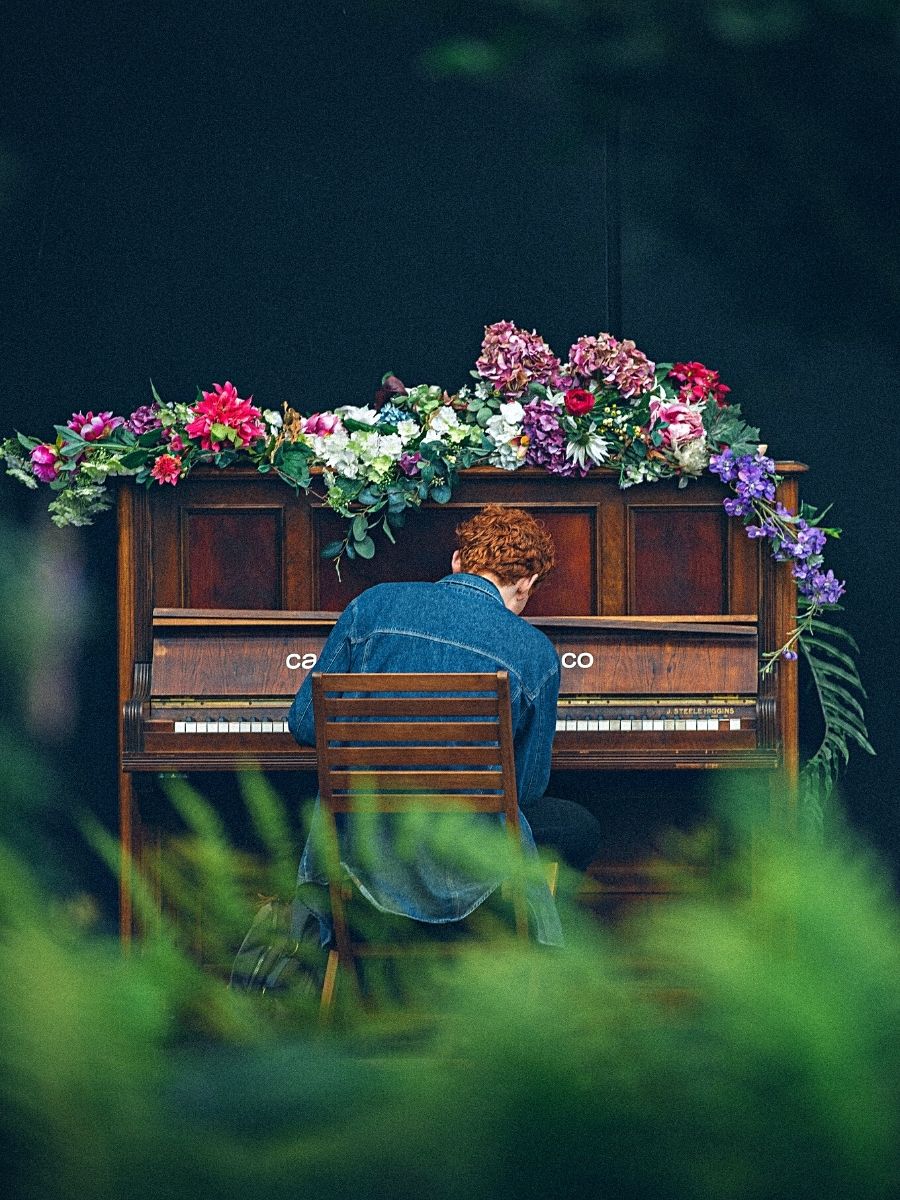
During the Renaissance (15th and 16th century) and Baroque (17th and 18th century) periods, the concept of the harmony of the spheres gained prominence. It suggested that the celestial harmony of the planets and stars could be mirrored through harmonious music, creating a harmonious environment for all living beings, including plants. This belief further fueled the connection between music and nature.
Famous Classical Compositions Inspired by Flowers
Several famous classical music compositions have been inspired by flowers, capturing the beauty, symbolism, and emotions associated with these delicate natural wonders. Composers have used the delicate and evocative nature of flowers to create beautiful and emotional works that resonate with audiences to this day. Flowers, with their universal symbolism of beauty, love, and transience, continue to serve as a rich source of inspiration for artists in various forms of expression, including music. Here are a few notable examples that you might listen to on your Spotify app:
"The Flower Duet" From the Opera "Lakmé" by Léo Delibes
"Lakmé" is an opera composed in 1881 by French composer Léo Delibes. The "Flower Duet" (Sous le Dôme Épais) is a mesmerizing and well-known duet sung by the characters Lakmé and her servant Mallika. In this aria, they sing about gathering flowers by the river. The duet's gentle melody and enchanting harmonies evoke the image of a serene floral paradise. The opera as a whole tells a story of love, colonialism, and cultural clash set in British India.
"Roses From the South" (Rosen Aus Dem Süden) by Johann Strauss II
Composed in 1880, "Roses from the South" is a waltz by the Austrian composer Johann Strauss II. The title is believed to be inspired by a poem by the German poet Friedrich Rückert, which extols the beauty of roses in the South. The waltz's lilting rhythm and graceful melodies reflect the elegance and charm of a beautiful garden adorned with roses.
"The Moldau" (Vltava) From the Symphonic Poem Cycle "Má Vlast" by Bedřich Smetana
"Má Vlast" (My Homeland) is a set of six symphonic poems composed by Czech composer Bedřich Smetana in the 1870s. The second poem, "The Moldau," is the most famous of the cycle and depicts the course of the Vltava River, which flows through the Czech countryside. Among the picturesque scenes described in the piece is a romantic rendering of a meadow filled with blooming flowers, illustrating the serene beauty of nature.
"The Flower Clock" (L'Horloge Fleurie) by Jean Françaix
"The Flower Clock" is a delightful and charming orchestral piece written by French composer Jean Françaix in 1959. Inspired by the famous flower clock in Geneva's Jardin Anglais (English Garden), the composition represents various flowers corresponding to different musical notes. As the clock changes with time, the different flowers come into bloom, each symbolizing a musical theme. The piece is known for its playful and colorful character.
"Le Tombeau de Couperin" by Maurice Ravel
"Le Tombeau de Couperin" is a suite for solo piano composed by Maurice Ravel between 1914 and 1917. Each movement of the suite is dedicated to the memory of a friend of the composer who died during World War I. Despite its title, the suite is not a mournful work but rather a celebration of life and remembrance. The fourth movement, titled "Forlane," is believed to be inspired by the hollyhock flower (alcea), which is a symbol of ambition and fruitfulness.
Classical Music in Floral Well-Being
There may be potential benefits of classical music in floral arrangements. While scientific research on these direct effects of classical pieces on floral longevity is limited, those who support this concept point out some likely benefits that contribute to the overall well-being of the flowers in the bouquet. Such usefulness includes:
Reduced Stress
Classical music is known for its calming and soothing qualities. It creates an environment free from noise pollution and disturbances, allowing flowers to thrive in a serene atmosphere. Reduced stress levels may indirectly benefit the longevity of floral arrangements.
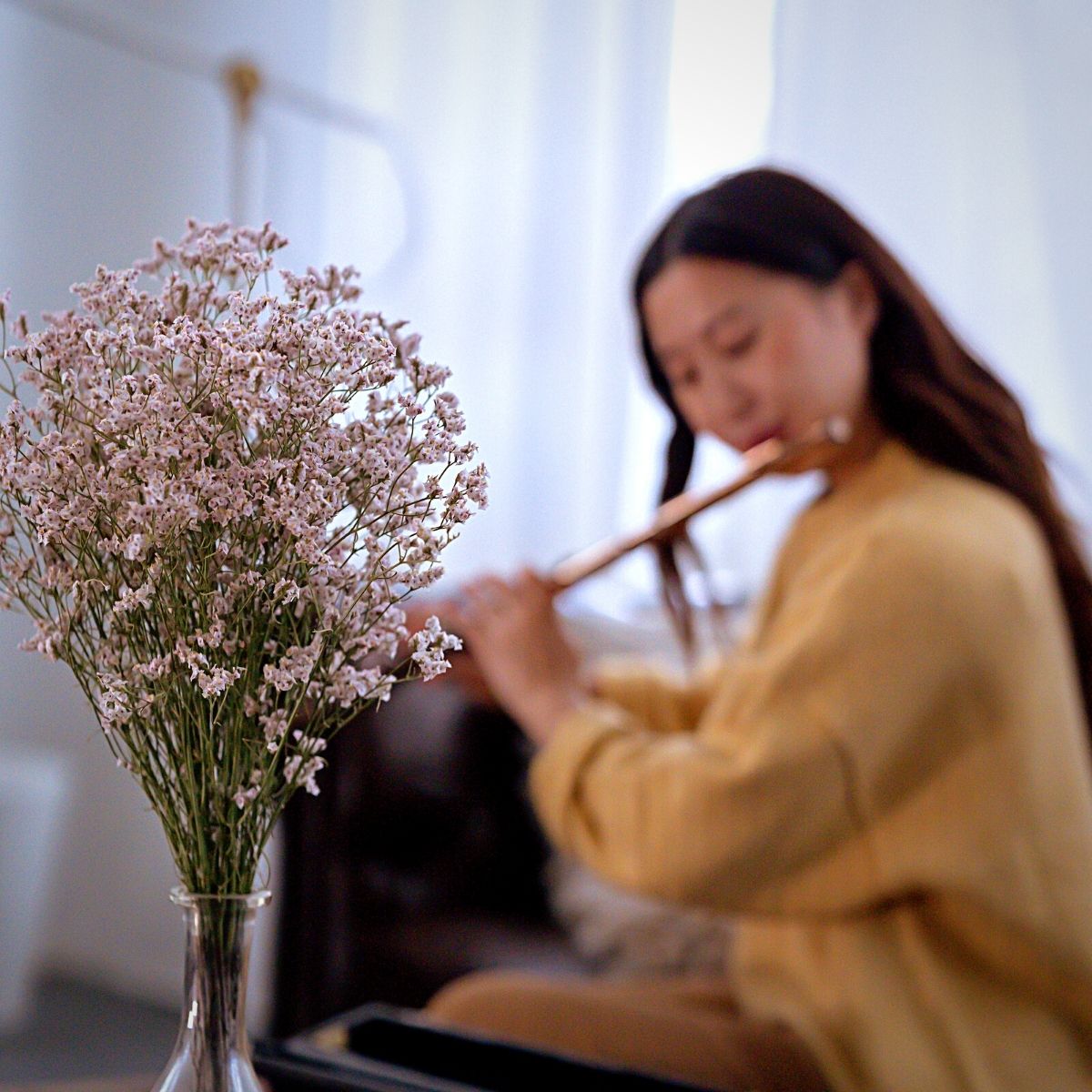
Enhanced Photosynthesis
There are studies that seem to suggest that plants can respond to sound vibrations and frequencies. While the extent of their response is still being explored, proponents argue that the symphonies and vibrations of classical music can stimulate photosynthesis, potentially improving the overall health and longevity of flowers.
Consider Other Variables Apart From Classical Music
While classical music in flower ateliers could hold the potential to contribute to the longevity of floral arrangements, it is essential to consider other crucial factors that play a more direct role in preserving the freshness of blooms.
Proper care and maintenance of the floral arrangements is one such key factor to consider. Adequate hydration, temperature control, and appropriate floral treatments are essential for the longevity of flowers. These fundamental practices should not be overshadowed by the presence of classical music.
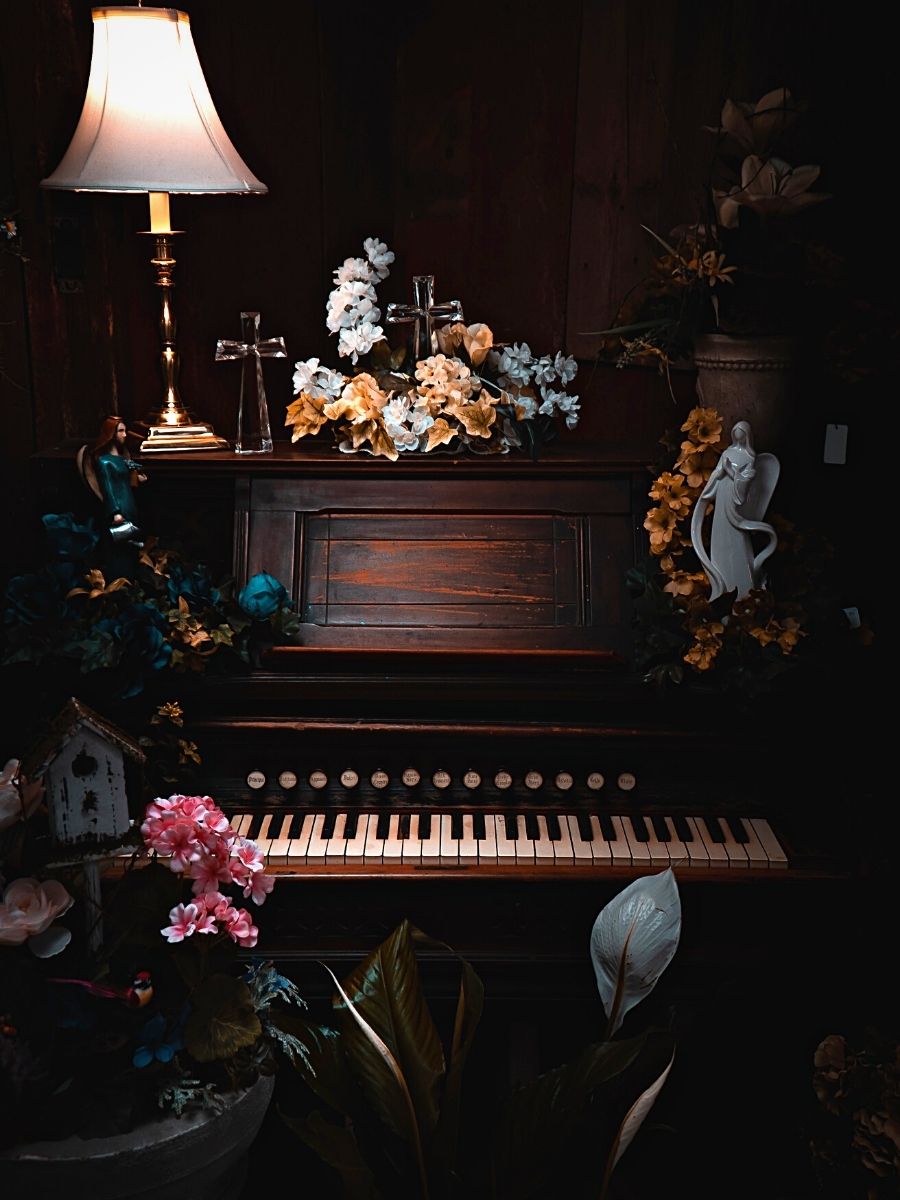
Flower varieties and characteristics are also essential to put into consideration. Different flower species have unique lifespans and care requirements. Knowing the specific needs of each flower and providing suitable conditions is crucial for their longevity, regardless of the presence of classical music.
Freshness and quality of the flowers are also essential and hence selecting flowers that are in their prime will give you a head start in preserving their longevity. This should be coupled with proper hydration which is another vital factor for the health and longevity of flowers.
The vases and containers similarly should be clean to minimize the chances of bacteria that can clog the stems and inhibit water uptake leading to premature wilting. The water to use needs to be clean, and filtered. Avoid using water that is too cold or too hot, as extreme temperatures can shock the flowers.
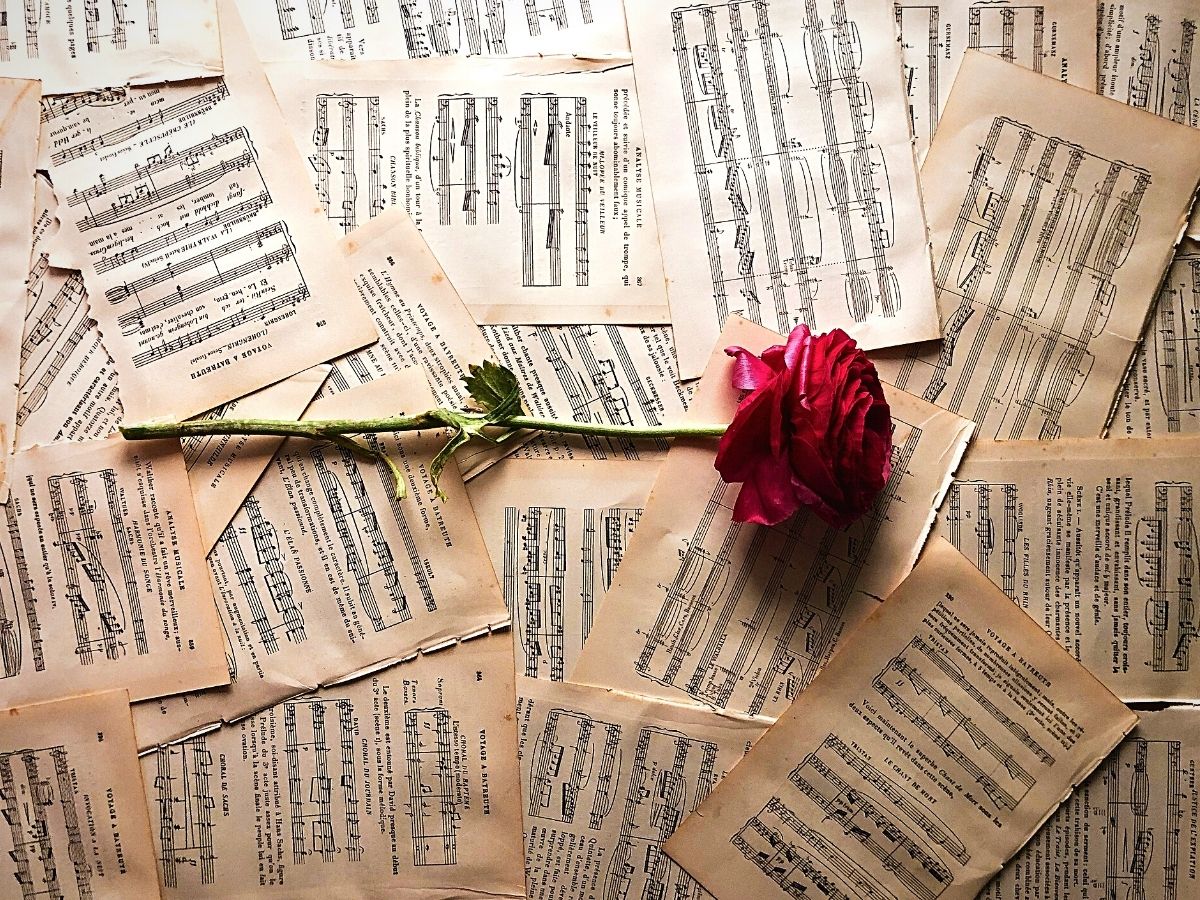
The atelier’s environment should also be appropriate, away from direct sunlight, heat sources, and drafts, as these can accelerate wilting, while the water in the vase should be changed every two to three days, or whenever it appears cloudy or has a foul odor.
But before changing the water, recut the stems at an angle to promote better absorption. Remove any wilting or spent flowers to prevent the release of ethylene gas.
Ethylene gas, produced by ripening fruits, certain vegetables, and decaying plant material, speeds up the aging process of flowers. The floral arrangements should therefore be kept away from ethylene-producing sources to prolong the freshness of the blooms.
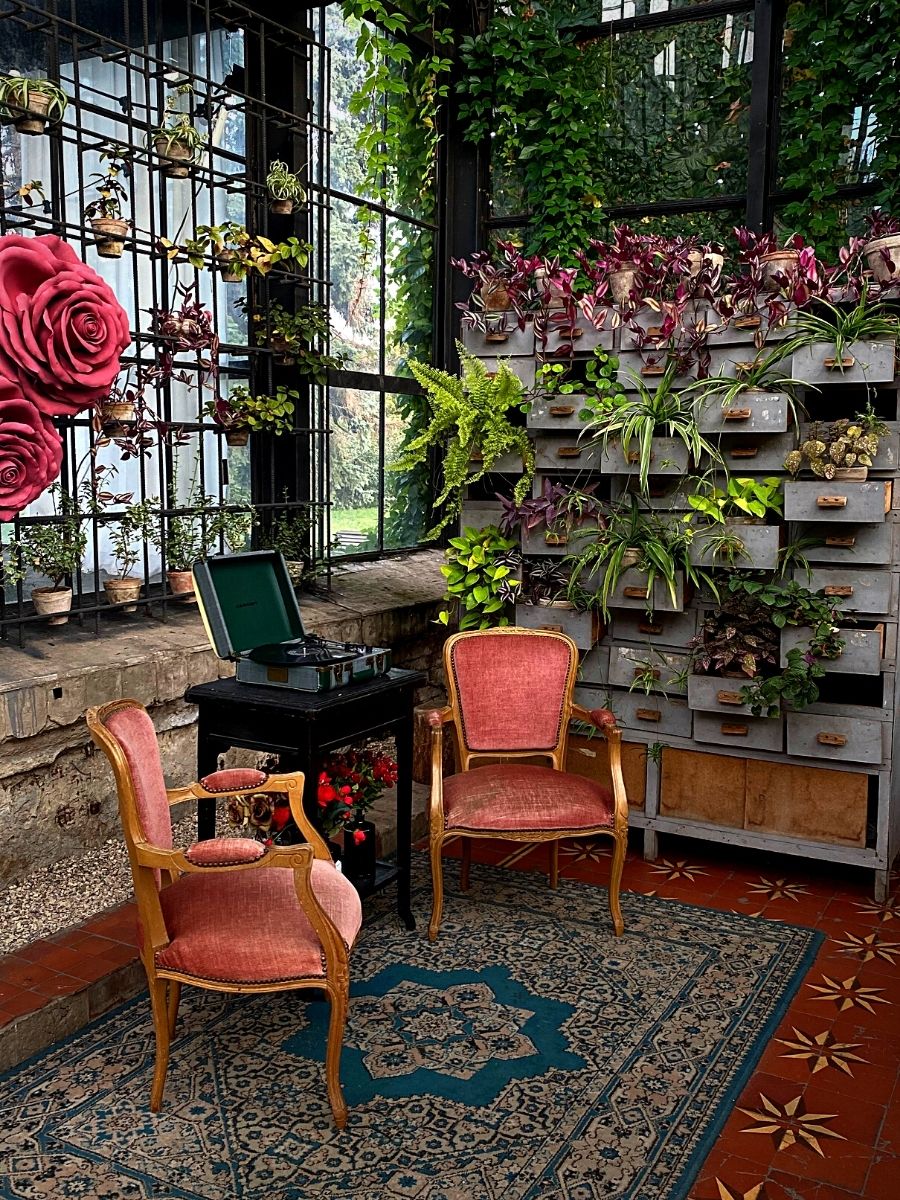
To avoid damaging the flowers, it is paramount that they be handled with care. Rough handling can lead to premature wilting or bruising.
Classical Music in Flower Ateliers Is a Matter of Personal Choice
While the direct influence of classical music on the longevity of floral arrangements remains uncertain, the practice of incorporating harmonious melodies into flower ateliers continues to fascinate and inspire both florists and flower enthusiasts.
As with any art form, the experience and appreciation of flowers are different and classical music adds another layer of beauty and depth to the artistry of floral arrangements.
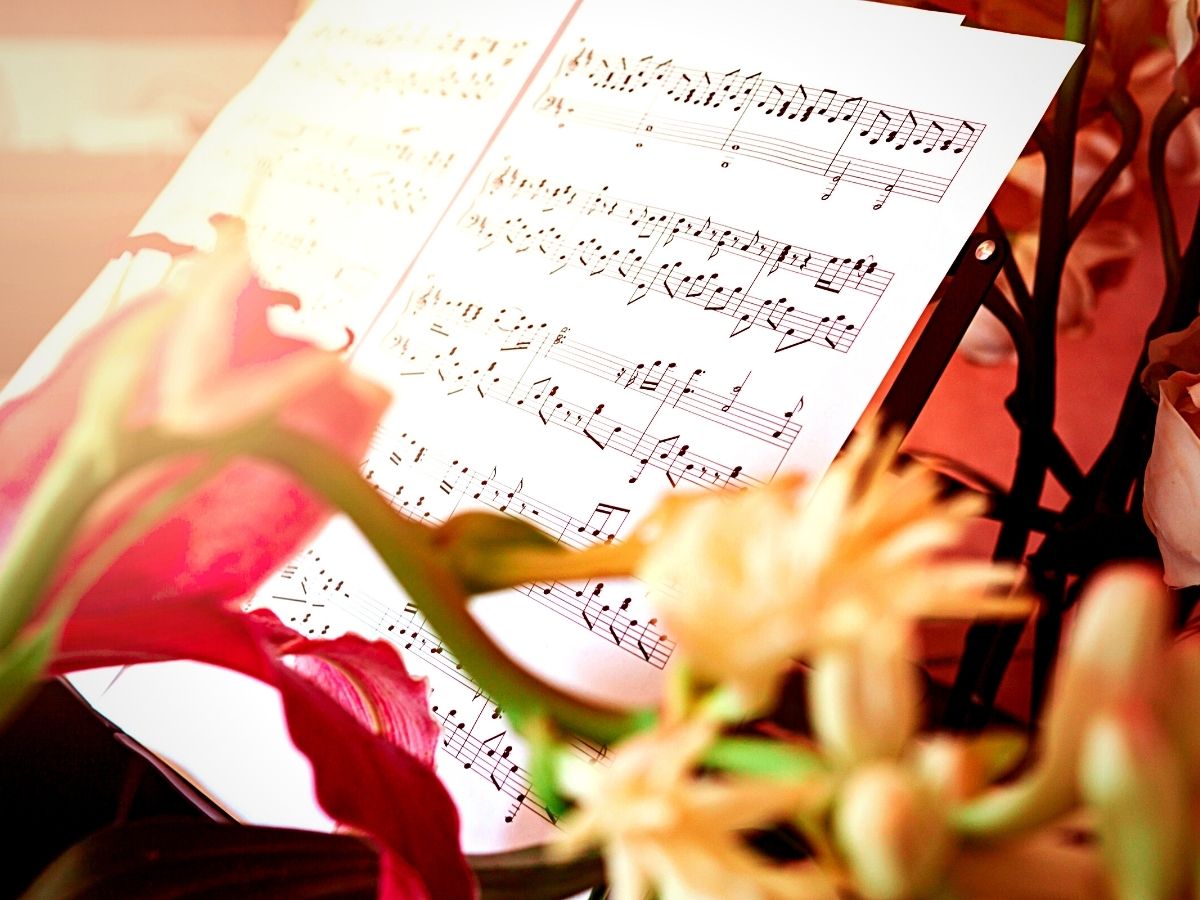
Eventually, though, the decision to play classical music in a flower atelier is a matter of personal preference and the desired atmosphere. If it enhances the overall experience for the florist and customers by creating a peaceful ambiance and fostering a connection with nature, then it can be a valuable addition to the floral environment, even if its direct impact on the longevity of the arrangements remains uncertain.
Feature image by Jean-Paul Wright, header image by PhotoMIX Company

